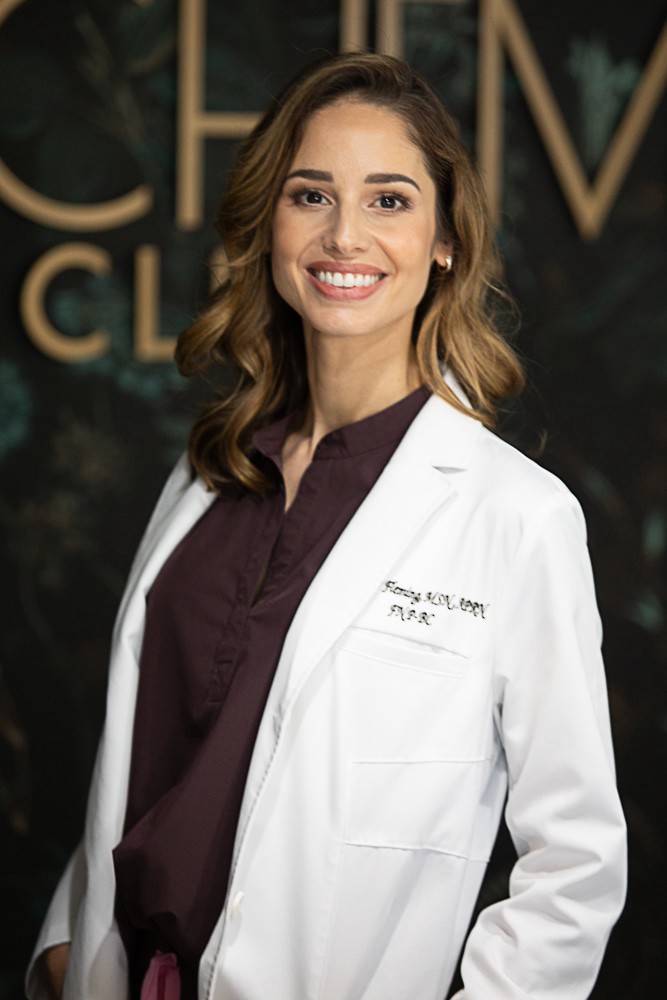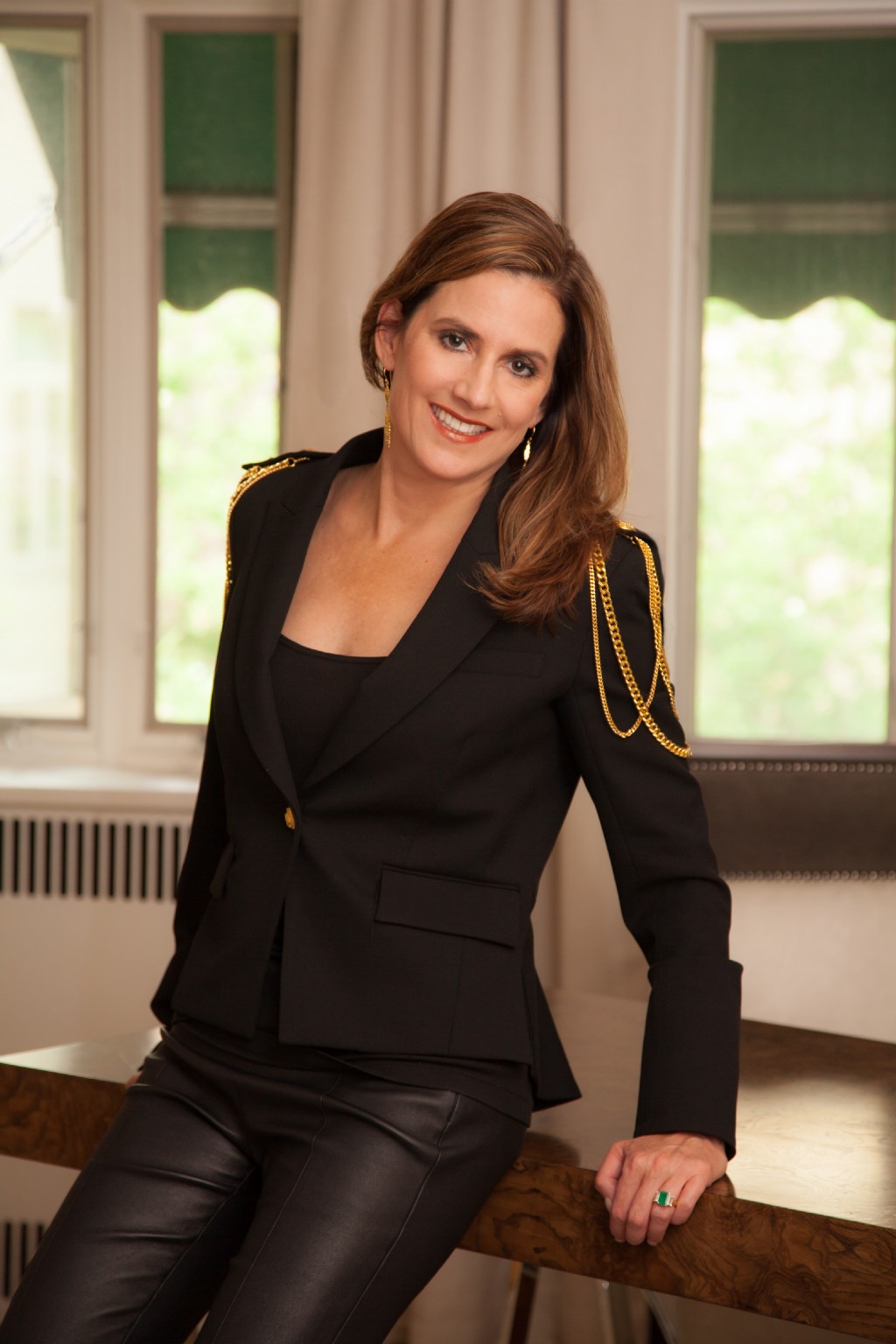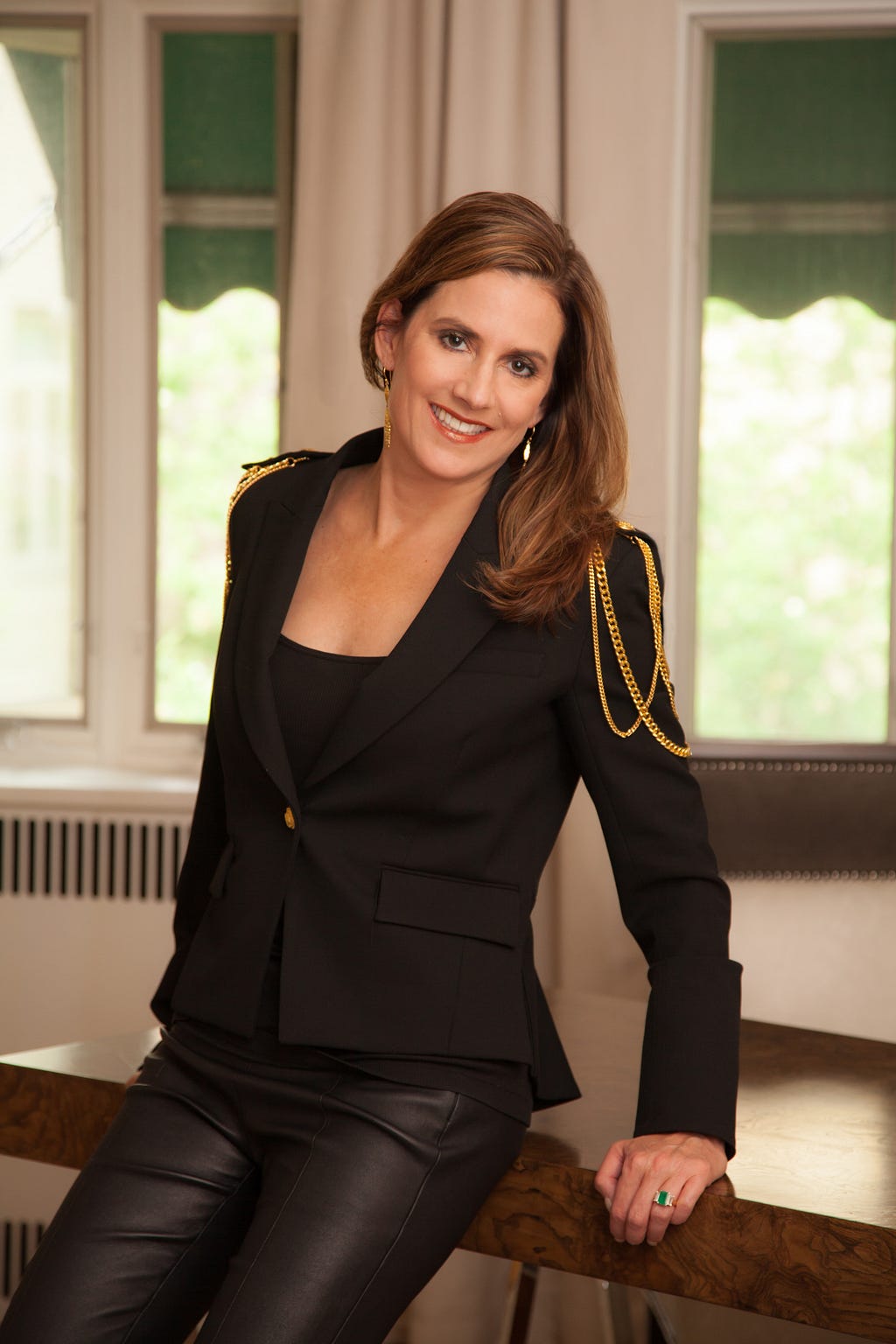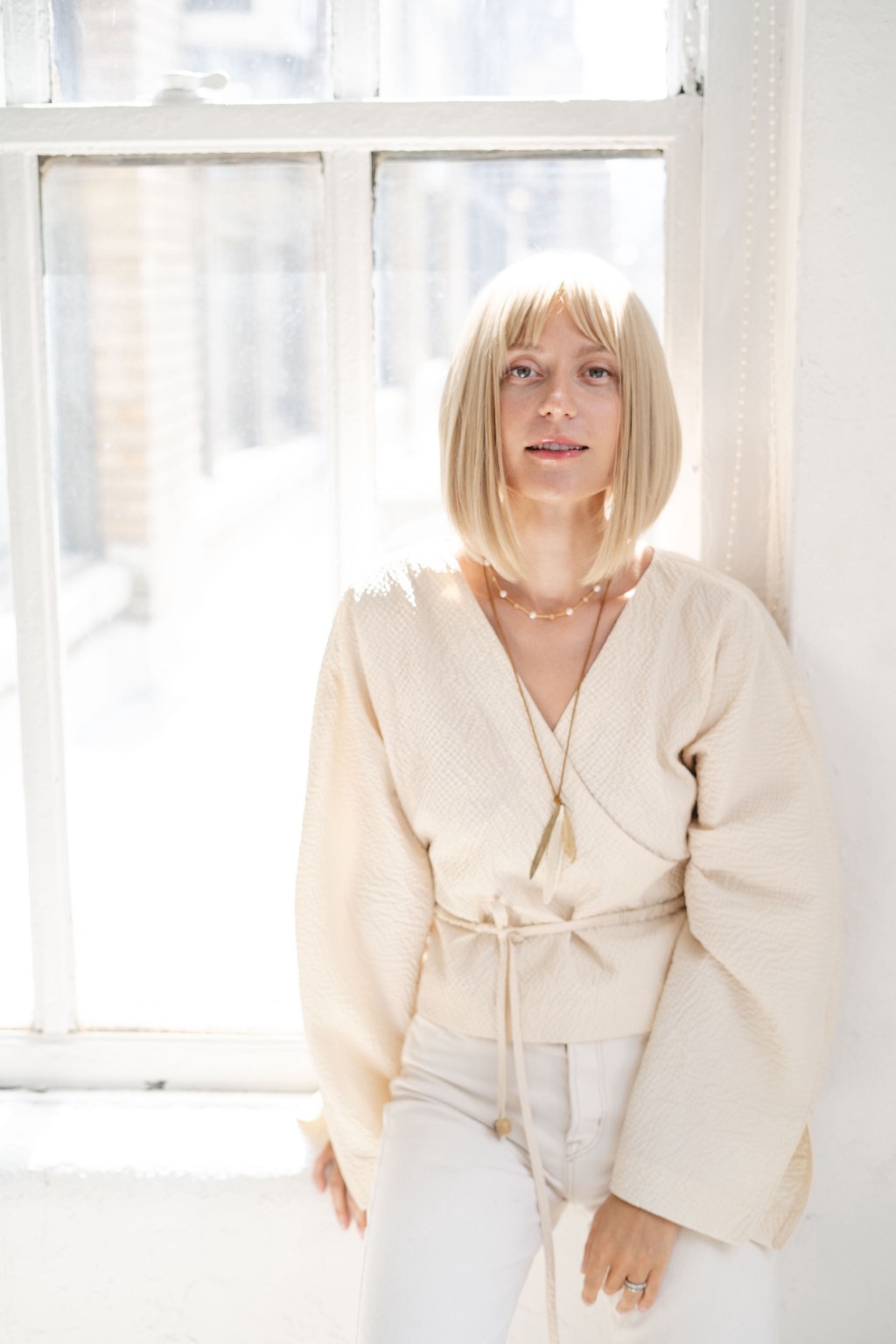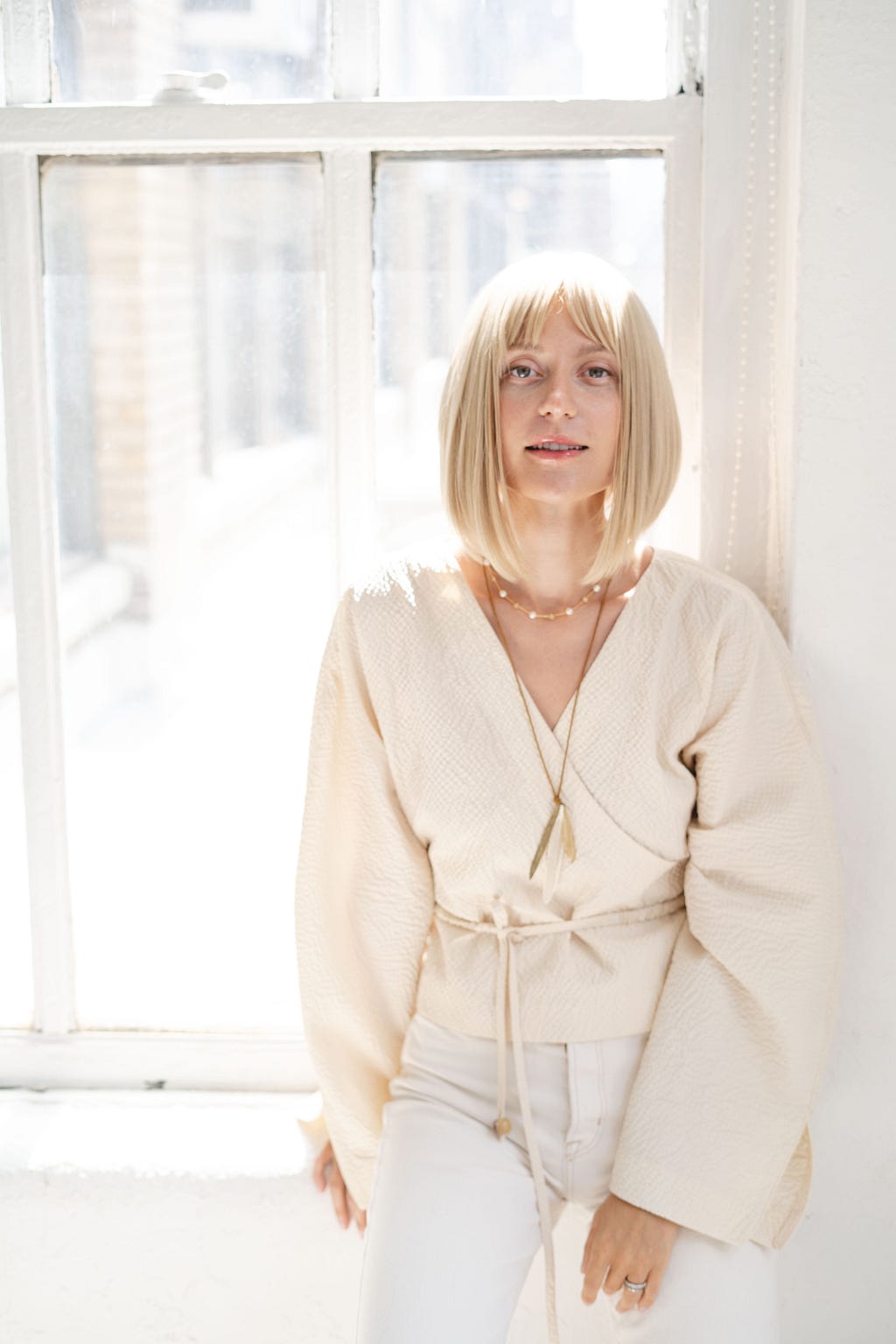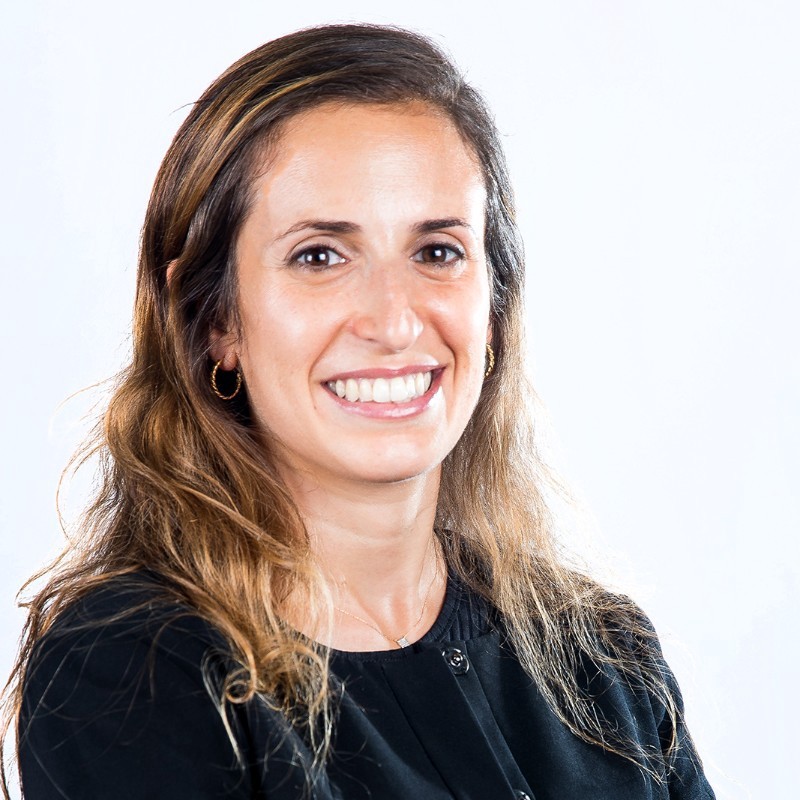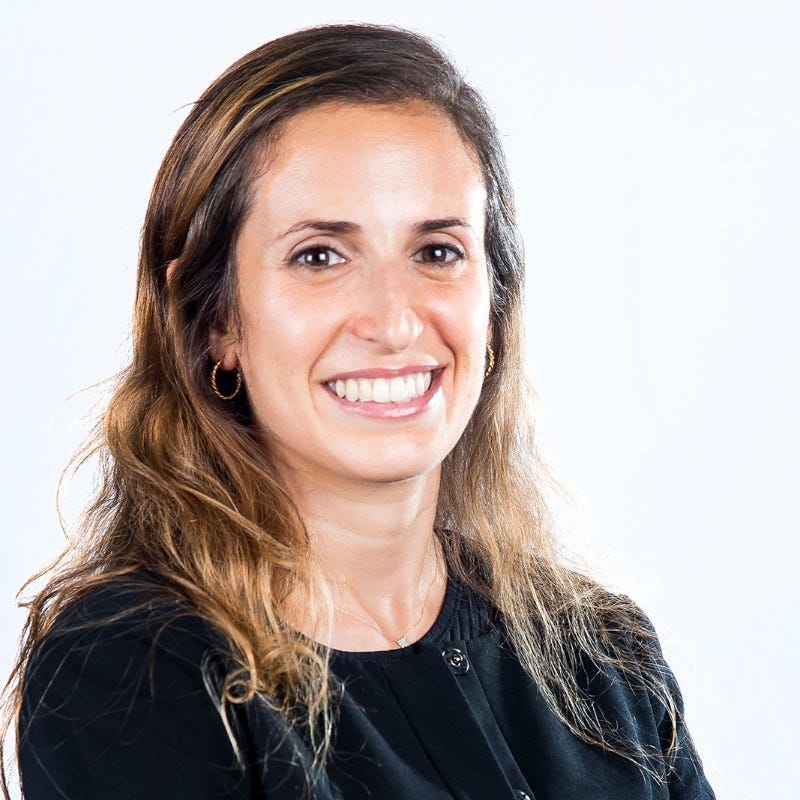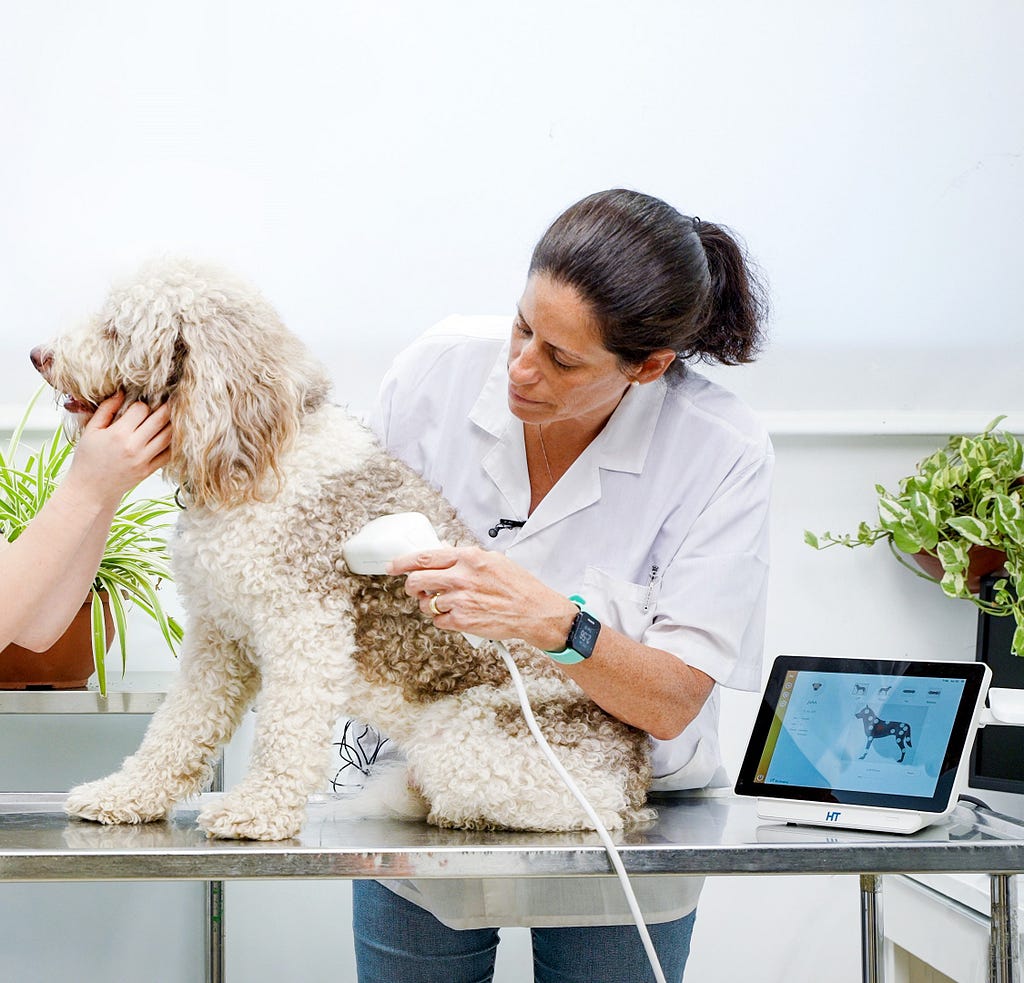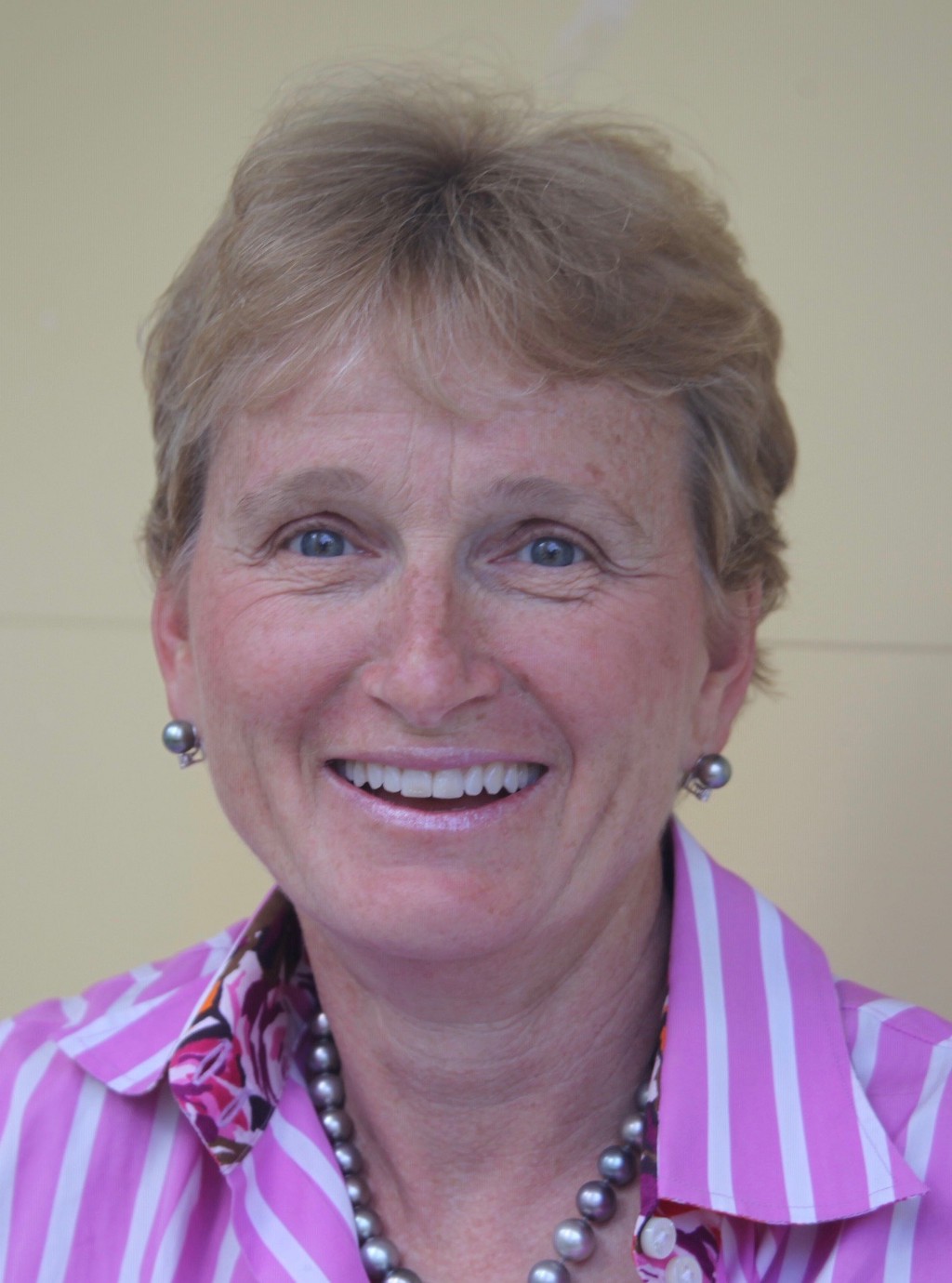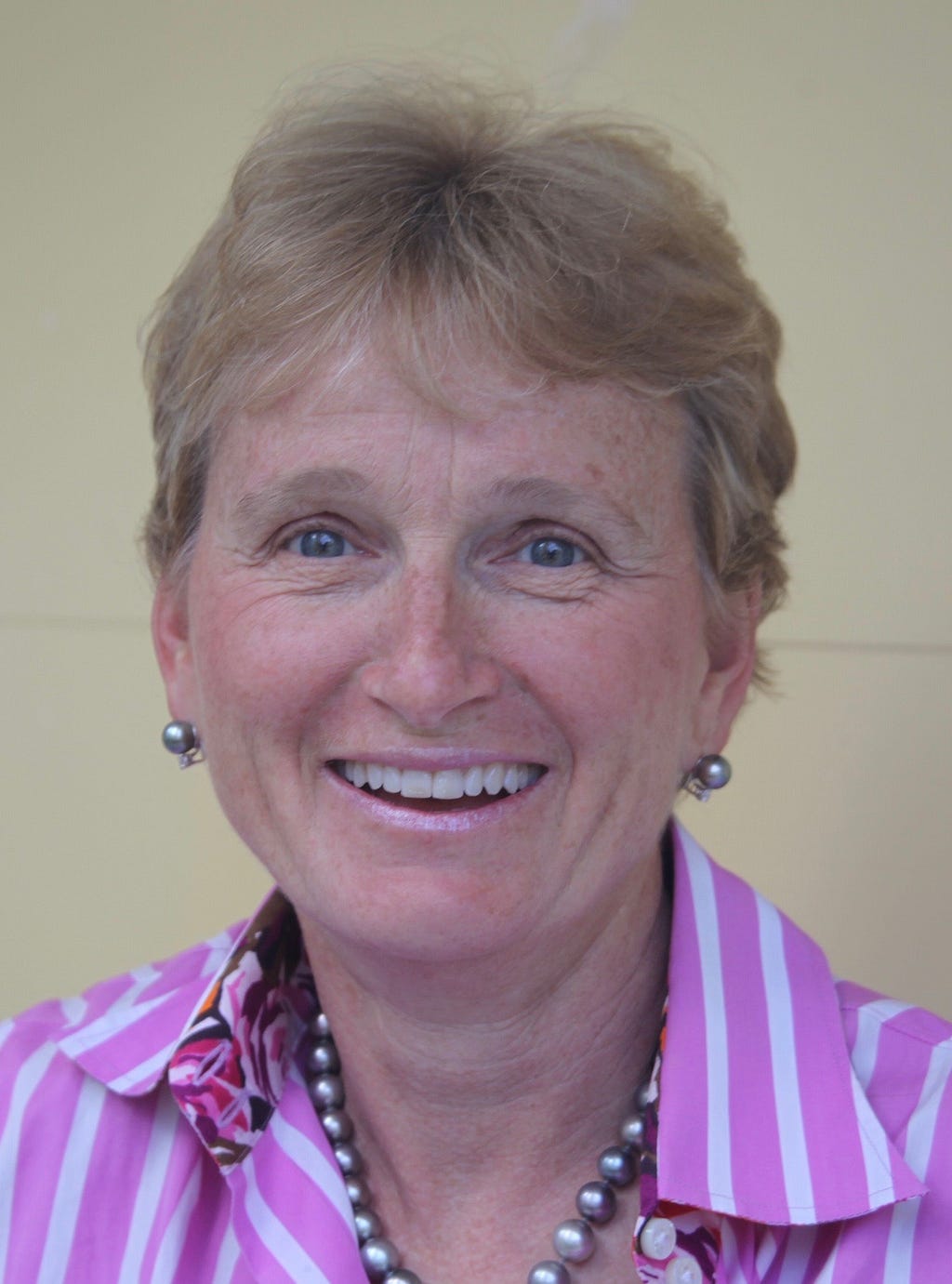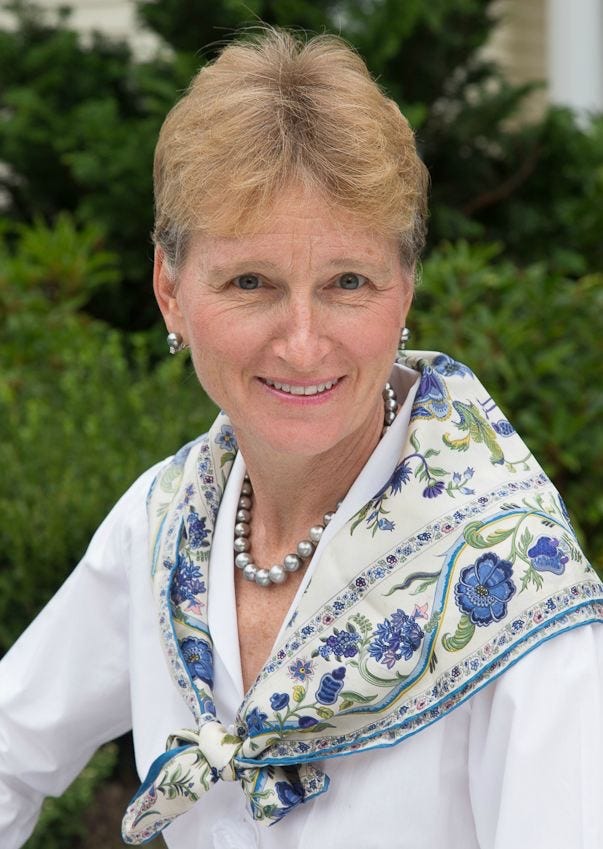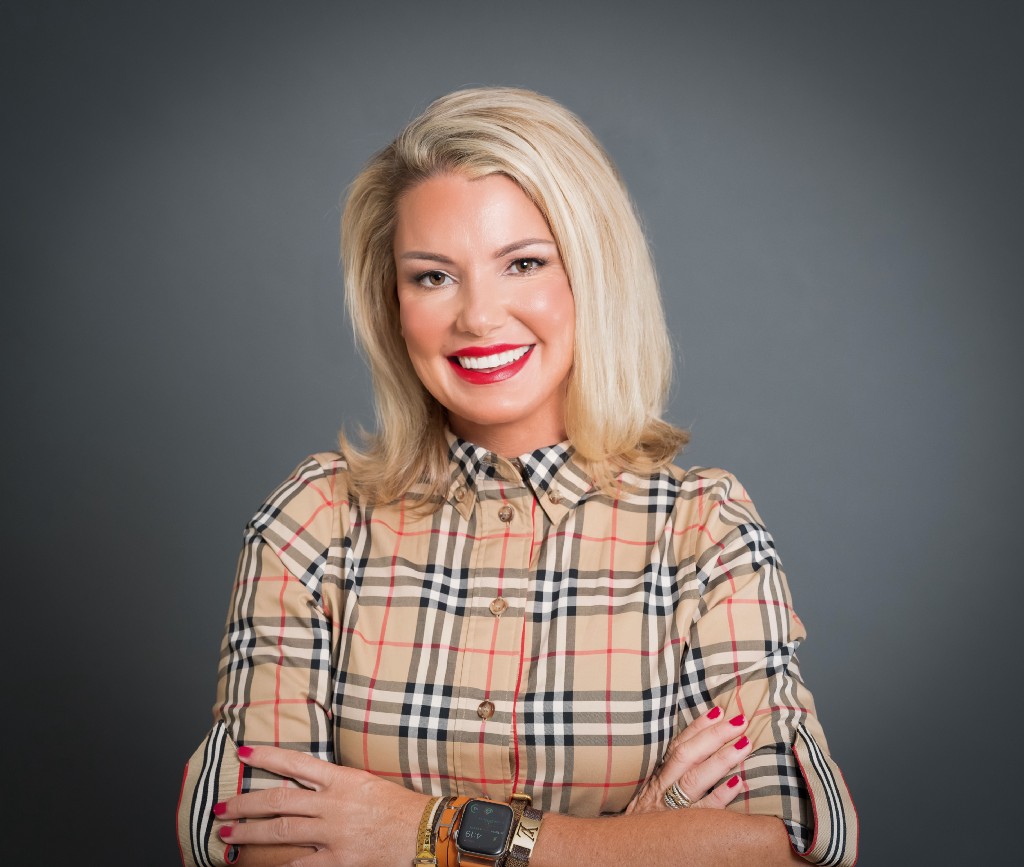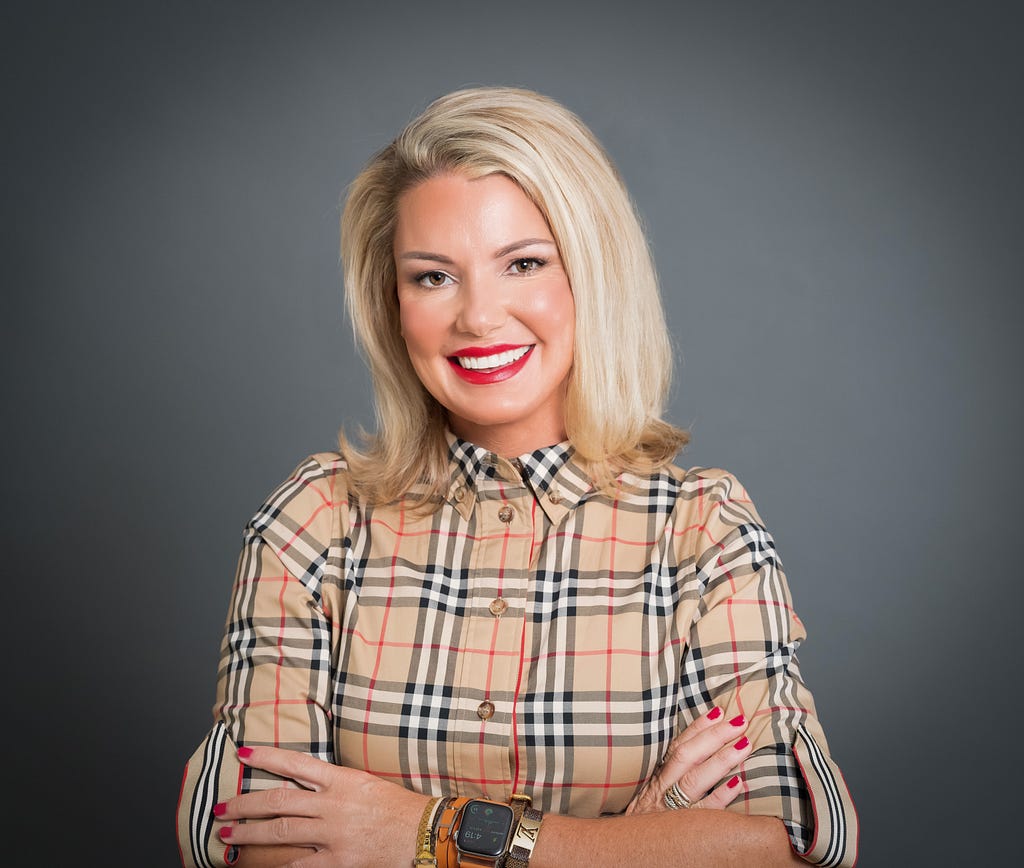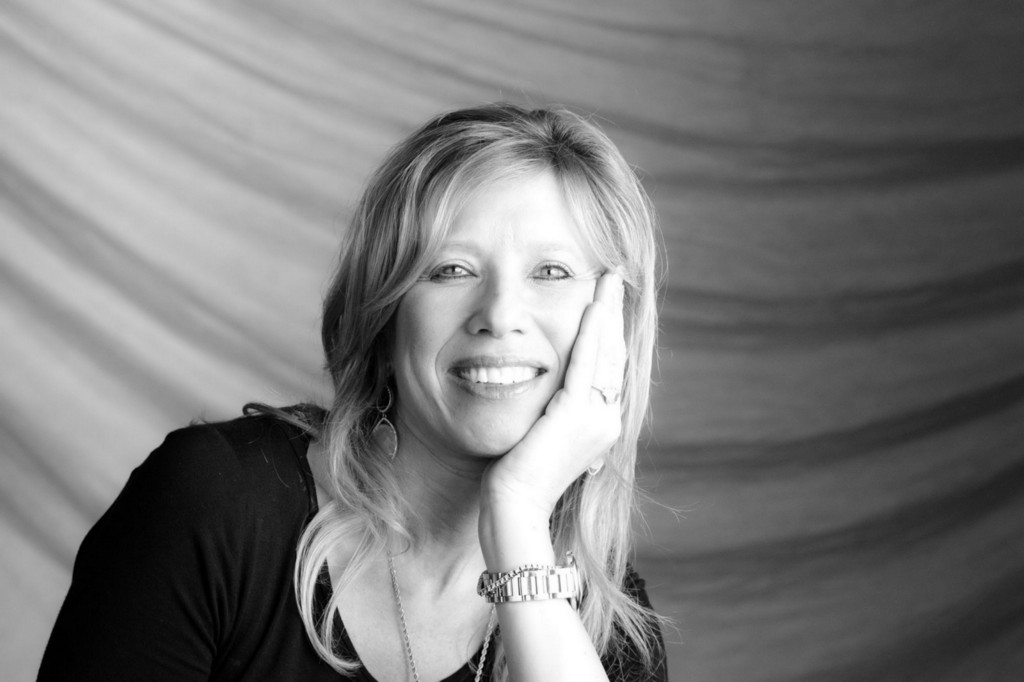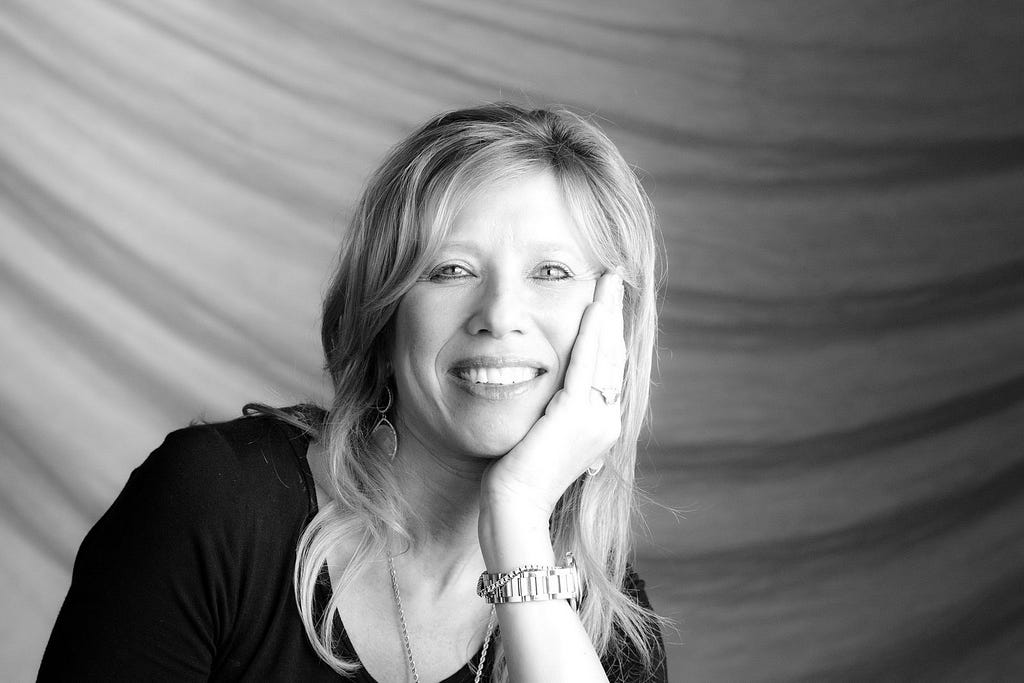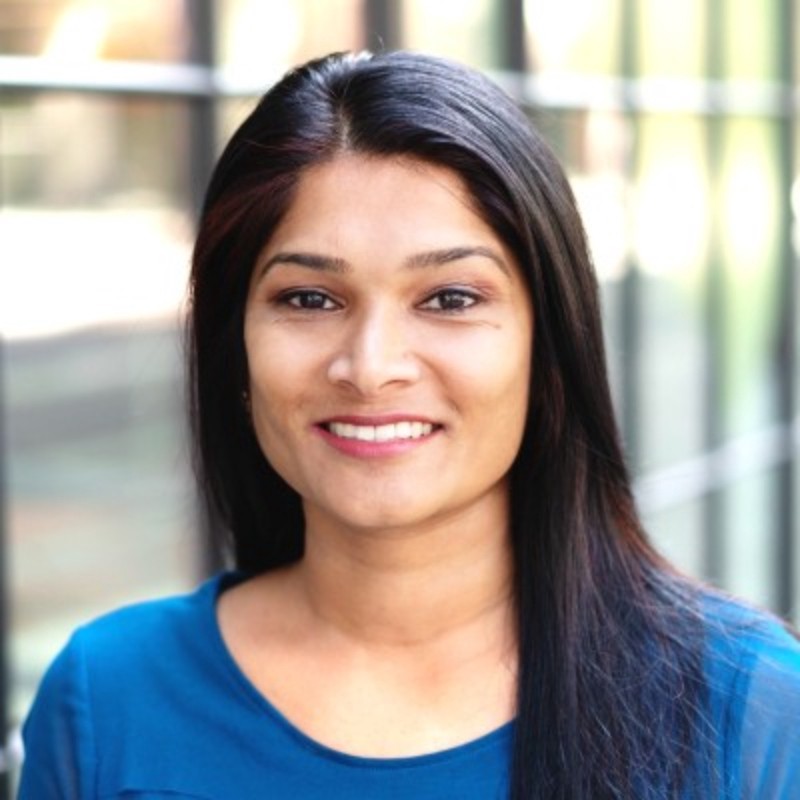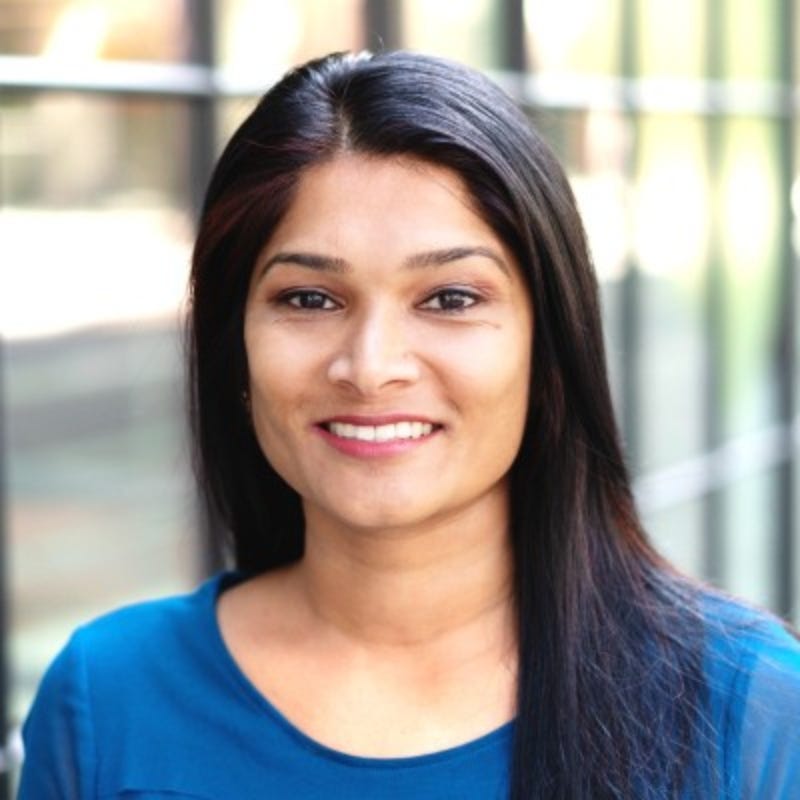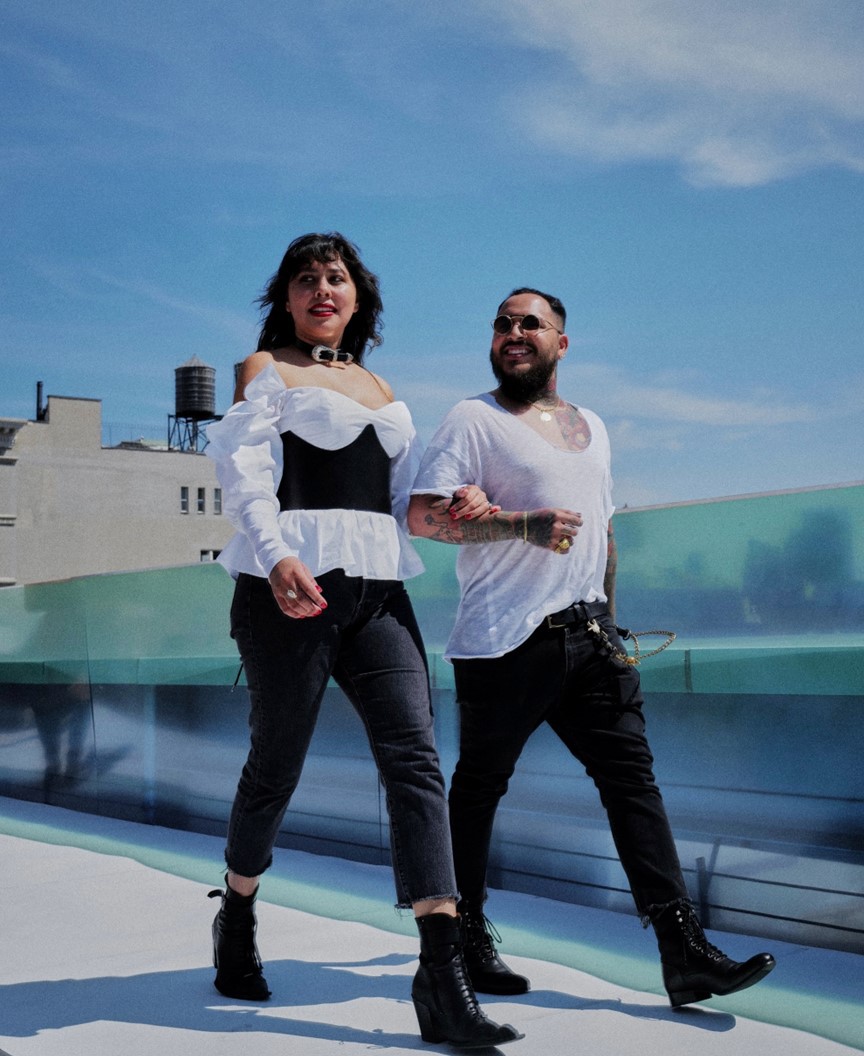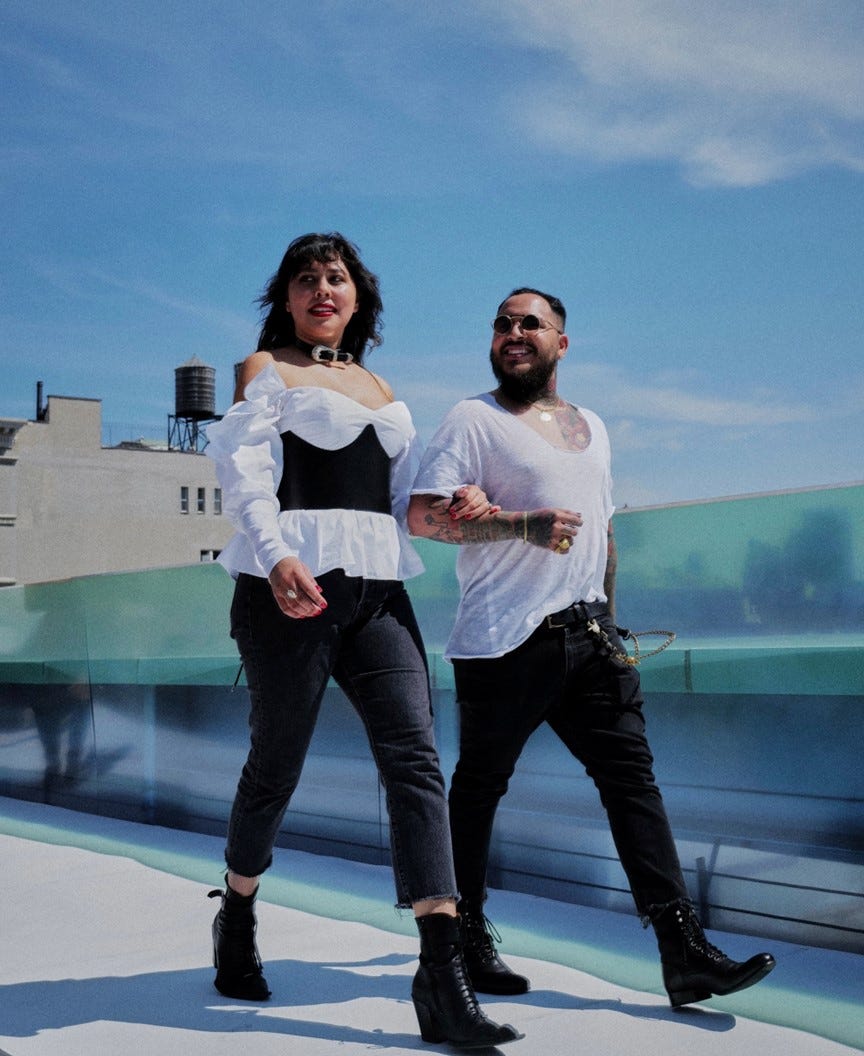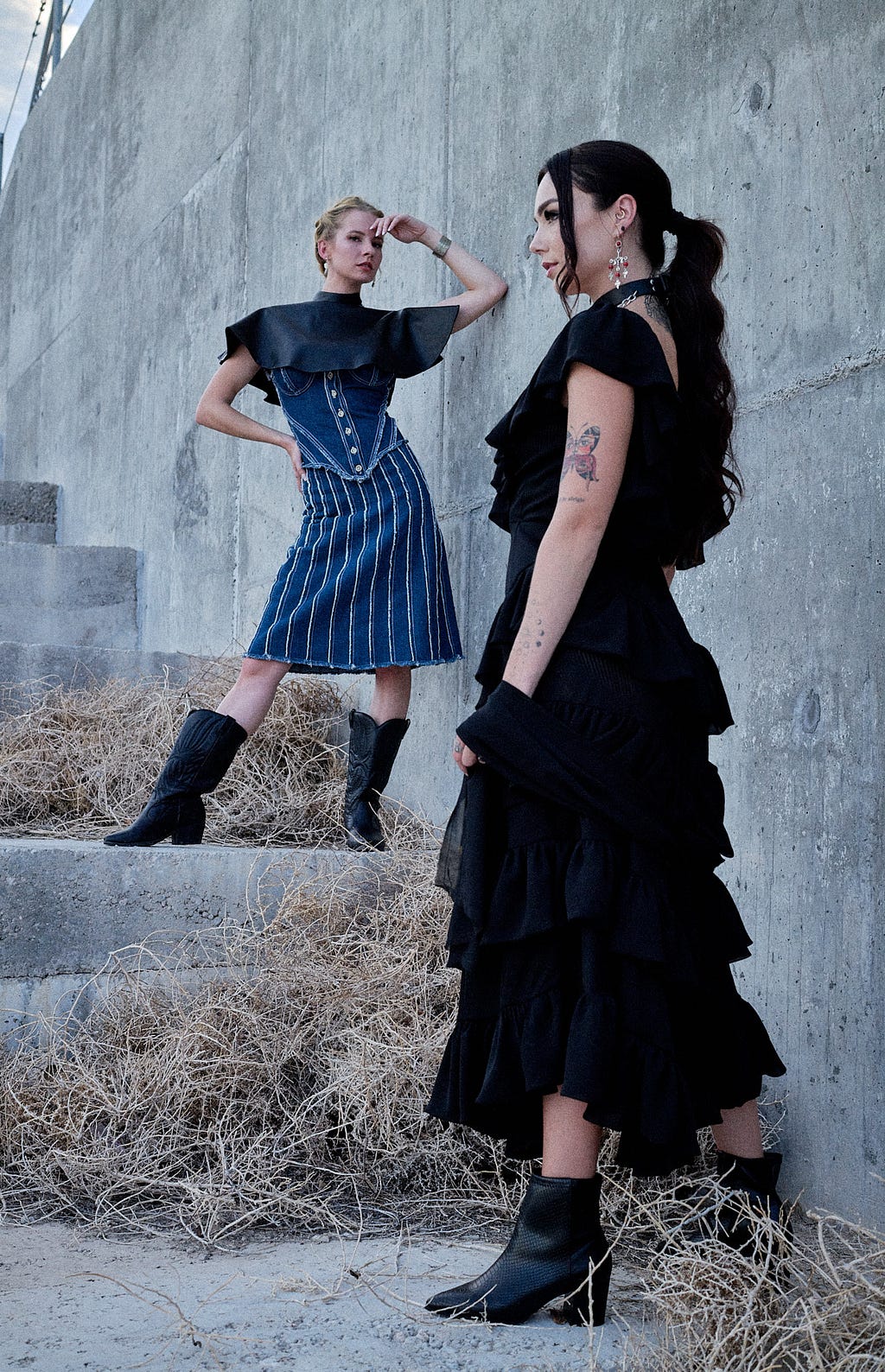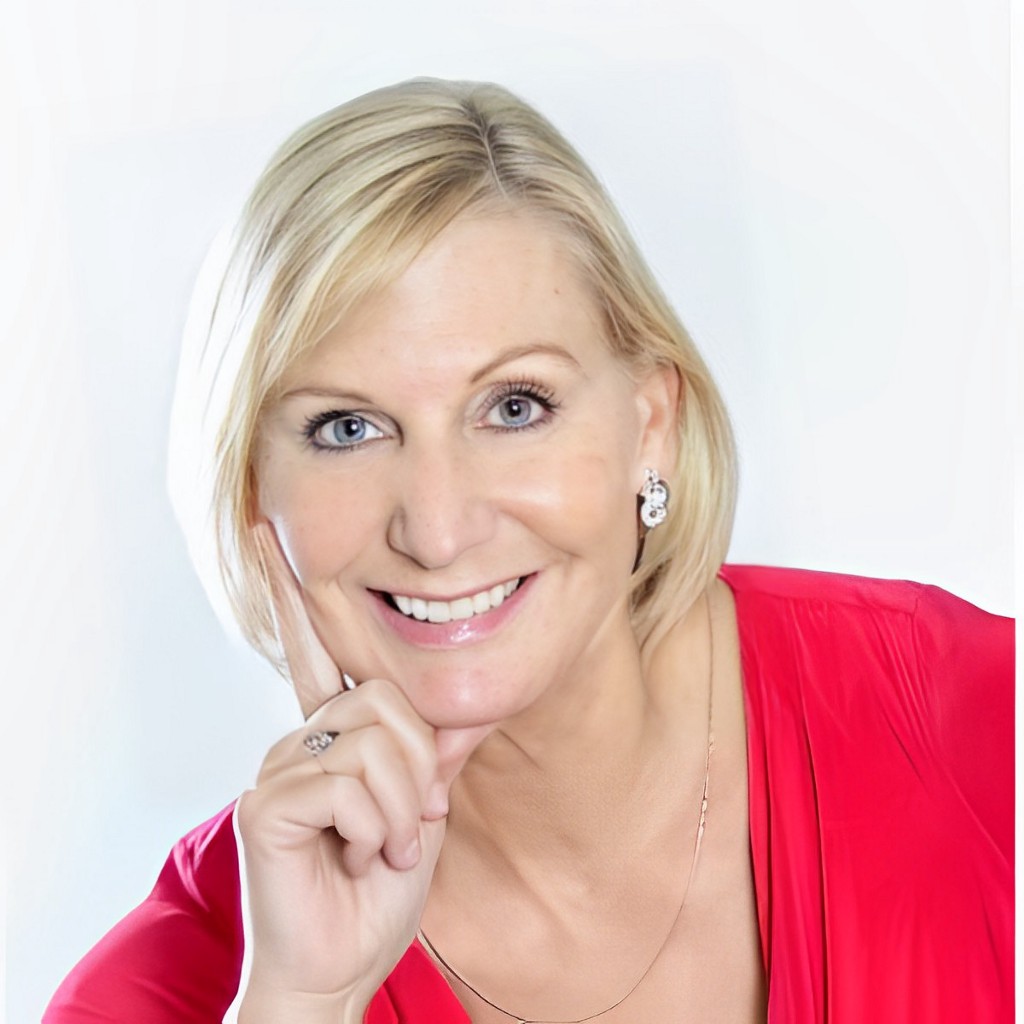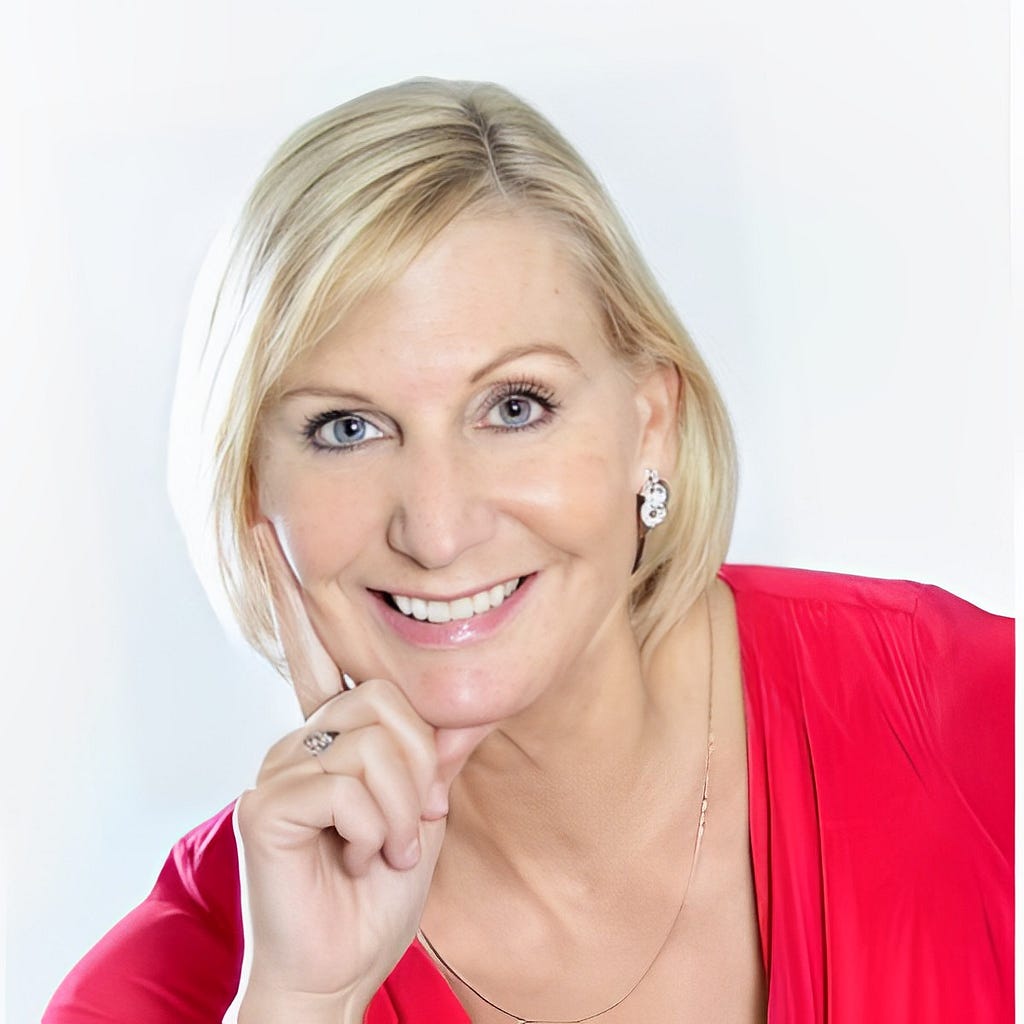Women In Wellness: Jennifer Fleming On The Five Lifestyle Tweaks That Will Help Support People’s Journey Towards Better Wellbeing
An Interview With Candice Georgiadis
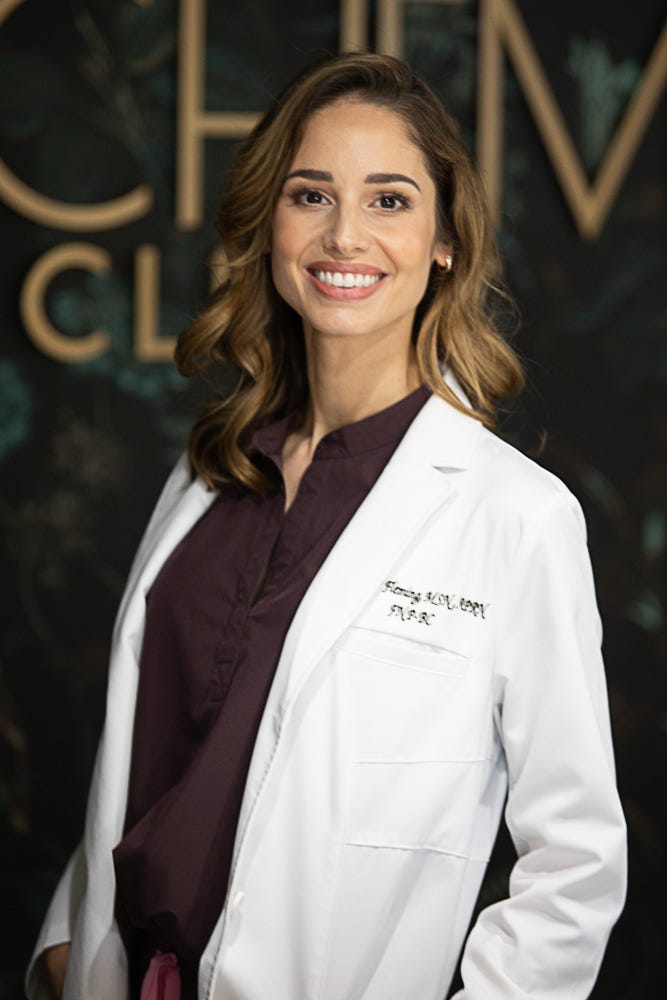
Invest in Yourself — I learned from an early age that most things in life are not given. They are a direct result of the efforts made to achieve whatever it is we are trying to achieve. Whether we spend time investing in our health or education, we are building foundations that weather the toughest storms. For me, my education and knowledge is something that I hold near and dear to my heart. The more I know, the more I can share with my patients, and that is well worth investing in!
As a part of my series about women in wellness, I had the pleasure of interviewing Jennifer Fleming.
Jennifer Fleming, NP, is a board-certified Family Nurse Practitioner and owner of the medical aesthetic practice, The Alchemy Clinic located in Manchester, NH. Jennifer is leading the field of medical aesthetics through her state advocacy, her holistic approach to augmentation and her mission to ensure that medicine remains the forefront of this unique and specialized field.
Thank you so much for joining us in this interview series! Our readers would love to “get to know you” better. Can you share your “backstory” with us?
Thank you so much for this opportunity! My path into medicine wasn’t as straightforward as others. Originally a business/communication major, I quickly realized that this wasn’t the field for me. Following in the footsteps of my twin sister, I embarked on my nursing career and have yet to look back. For the past 10 years I have practiced as a nurse practitioner in many fields of medicine including critical care, emergency medicine, and medical aesthetics. Through my work in critical care, especially during a pandemic, I developed a deep appreciation for life, for health, and for building genuine connections. Understanding this fragility of life propelled me to take risks that I too am surprised about and put me on a path of business ownership and activism for a field of medicine that is often misunderstood.
Can you share the most interesting story that happened to you since you started your career? What were the main lessons or takeaways from that story?
I’ve been a planner and a dreamer for most of my life. My intense energy has always had me envisioning what my next steps would be and pushing me to do more, learn more, be more. Yet, life is not always what we envision it to be. This sounds crazy I know, but I believe the universe has a plan for us, we just need to be wise enough to listen.
I discovered the world of medical aesthetics by chance, not by intention. Fast forward several years I found myself being swept away by this field and all it has to offer. During COVID, medical aesthetics also became an outlet for me to retreat to which was a true blessing in disguise. As my following grew, my need for a larger space became more apparent. While scrolling through spaces that were available, I came across this beautiful Victorian manor that was for sale. There was something about this place that I knew I had to see. So on a whim I went to view this majestic 1900s Victorian Manor, and as soon as I opened the antique doors I felt a sudden rush of energy fill my body. And through this rush there was a voice telling me that my life was going to change. Despite the doubts of others, I listened to that whisper and life has become so much more than I ever thought possible. Change is scary, perhaps even paralyzing at times, but taking a chance on something that wasn’t pre-planned or meticulously calculated is taking a chance on your destiny. Through this journey I came across The Alchemist by Paulo Coelho and his words have helped me define this journey, “And, when you want something, all the universe conspires in helping you to achieve it.” Our life is filled with paths and crossroads, some more uprooting than others, but I’m a believer that when you want something bad enough, the universe has no other choice than to listen.
It has been said that our mistakes can be our greatest teachers. Can you share a story about a mistake you made when you were first starting? Can you tell us what lesson you learned from that?
I have made many mistakes over the years. I’ve made business mistakes such as overspending on marketing and not having cash flow projections as detailed as they should have been. But the biggest mistake above all else was not knowing when to slow down or turn off. Through my years in critical care, I was exposed to immense stress and became accustomed to working very long hours. Through the pandemic I worked weeks straight without reprieve and quickly lost sight of my own health, both mentally and physically. Through this experience I was reminded of the sacrifice that medical professionals make to care for others, and the importance of being present when we are with those we love and cherish. Fast forward to starting my practice, I’ll admit that I struggle with slowing down and turning off, but I know what’s at stake if I don’t. Now it’s all about making a conscious effort to recognize when I need a break and allowing myself this reprieve.
Let’s jump to our main focus. When it comes to health and wellness, how is the work you are doing helping to make a bigger impact in the world?
Medical aesthetics and the desire to age gracefully through cosmetic procedures is not going away. This post-pandemic medical aesthetic “boom” continues to flood social media networks with the good, the bad, and the ugly of medical aesthetics. It saddens me to see faces that have been over treated and disfigured all to achieve unattainable results. Our faces and bodies are not social media filters, nor are they something we can change at the anatomical level, and why would we want to do that?
My mission is to bring medicine and professionalism back to the bedside to elevate this unique field of medicine and ensure that patients receive the safest and most holistic results possible. While medical aesthetics is medicine, it differs in that these procedures are elective and based primarily off patients’ desires, not necessarily needs. As a result, I am keenly aware of the vulnerability that patients may face when seeking out treatments, which is another reason why I feel so strongly about not only protecting patients but educating patients about the dynamic process of facial aging and the best treatment options available.
I am also one of the core founders and Vice President of Aesthetic Medical Providers of New Hampshire, which is a non-profit organization committed to supporting the highest practice standards in aesthetics. Through advocacy, legislative reform, and education we are working tirelessly to unite medical aesthetic providers with the primary intent to protect patients and advocate for a field that is often misunderstood.
Can you share your top five “lifestyle tweaks” that you believe will help support people’s journey towards better wellbeing? Please give an example or story for each.
Take Care of Your Skin — Our skin is in fact the largest organ in our body. It is our body armor and withstands harsh environmental conditions daily. Caring for your skin will also be the best anti-aging investment you ever make. Seriously! Before all other medical aesthetic treatments, I would recommend that you explore medical grade skincare products that will truly protect your skin and transform it. Medical grade skincare is unlike over-the-counter products as the pH of these products tend to be lower — hence more penetration which equates to actual results. Lastly, never forget your sunscreen, no matter the day or season, and sunscreen in your makeup doesn’t count.
Movement Is the Key to Life — Through my years in critical care, I have had the pleasure of caring for our aging population. I have witnessed the devastating effects of chronic disease and illness in patients in their 40s’, 50s, and 60s; yet I have also witnessed life that comes to an end merely due to old age. For my elderly patients who lived well into their 80s and 90s my question was always the same. “What is your secret to life?” And 9 times out of 10, the secret to longevity is movement and engagement. Maintaining muscle mass as you age will be one of the best gifts you could give to your 80-year-old future self.
Invest in Yourself — I learned from an early age that most things in life are not given. They are a direct result of the efforts made to achieve whatever it is we are trying to achieve. Whether we spend time investing in our health or education, we are building foundations that weather the toughest storms. For me, my education and knowledge is something that I hold near and dear to my heart. The more I know, the more I can share with my patients, and that is well worth investing in!
Give Yourself Grace and Praise — For all my entrepreneurial and goal seeking readers, I challenge you to pause each day and recognize all that you have accomplished. Without a doubt we are our biggest critics. We are quick to point out what we have yet to do and forget to acknowledge everything we have done. When we work towards our goals, we often seek assurance and accolades from others, rather than from ourselves. I challenge you to change this preconceived framework. This behavioral shift has allowed me to fill my own tank, not in a narcissistic way, but in a way where confidence is created out of genuine understanding of who you are, who you want to be, and who you believe you will become.
Give More Than You Receive — In my early adult years I had the opportunity to travel the world where I witnessed immense poverty and hardships that seem unimaginable when compared to American standards. Yet despite these circumstances I also witnessed joy, love for life, and compassion for others. These memories are a daily reminder that life’s successes are better when they are shared. I have also come to realize that giving doesn’t just mean monetary in nature. Giving can be sharing your time or knowledge, supporting colleagues, engaging in your community, and making the conscious effort to create change.
If you could start a movement that would bring the most amount of wellness to the most amount of people, what would that be?
As a provider, I recognize that medical aesthetics is a bonus. It’s something that can be enjoyed when our body is in good health both mentally and physically. But it is not the wellness that would bring forth the most change to the most amount of people. Our society is in crisis. We spend trillions on treating the symptoms of illness, but as a society we lack the resources, time, and money needed that focus on disease prevention, health education, and access to healthcare. Knowing what I know about the medical system both in-patient and now in my clinic, the first thing I would do is make certain weight loss medications available to the masses. Medical weight loss is sweeping the nation because new medications have shown very promising results both with weight loss but with overall improvement in cardiovascular health. Sadly, astronomically high costs have made this medication nearly impossible to access for so many that would likely benefit the most. My movement would be to break the chains on insurance companies and large pharmaceutical companies and provide access to a medication that could change, or even save, someone’s life.
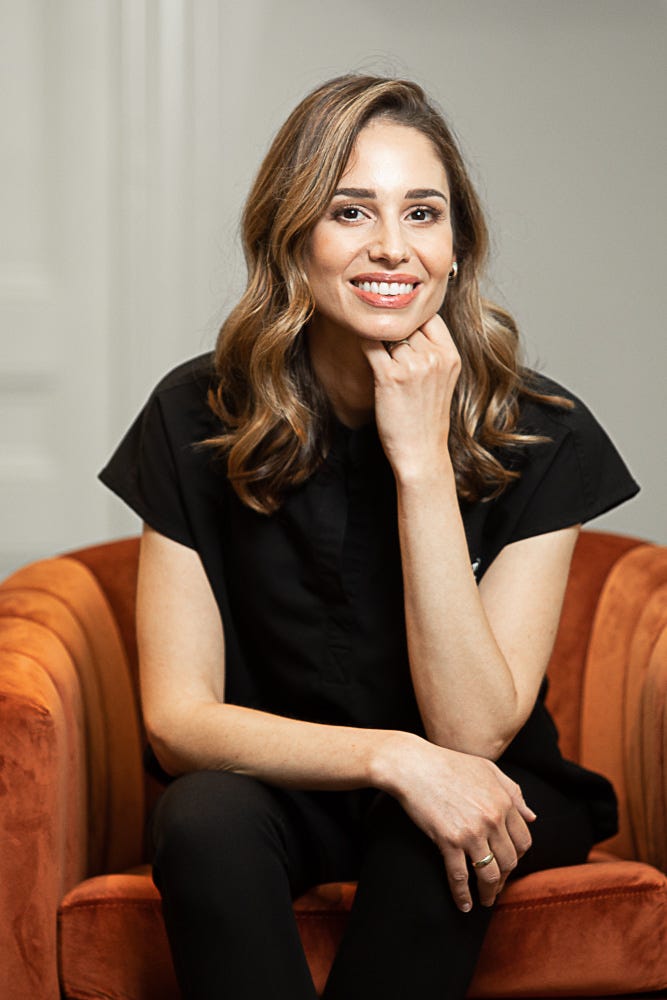
What are your “5 Things I Wish Someone Told Me Before I Started” and why?
- Build a Network: Developing genuine relationships and connections are the backbone of most small businesses. But this doesn’t happen by chance. Networking is vital as it opens the doors to connections that you likely wouldn’t have otherwise. Connection building however must be genuine. When you stop focusing solely on yourself and your own business and support others in their endeavors you too will grow!
- You are not Alone: Business ownership can feel lonely and oftentimes we believe that we must know all, do all, and be all things the business needs. But this is impossible. Seek out resources. There are so many free resources for new business owners such as SCORE which provides free mentors that have a wide array of expertise. I would also recommend finding colleagues that do what you do as they will become mentors, friends, and a shoulder to lean on when you need someone.
- Develop Your Mission, Vision, and Values: This sounds cliché I know, but I have learned that when you are building something from scratch there are a lot of decisions that must be made. In the beginning some decisions were made out of passion while others out of pure angst. However, the more time I spent understanding the values of my clinic, the mission, and the vision for the future, decision making was less about me and more about what was best for the practice and my patients. Furthermore, it provides a foundational framework for other team members when everyone is practicing with the same intentions.
- It’s Okay to let go of the Reins, even if it’s Just a Little at a Time: Building a business feels very similar to having a first child. You make plans, prepare, dream, but when the time comes and the doors open, you’re never quite ready for what’s to come. There is no roadmap or guidebook that directs the orchestration. Like a newborn baby, there is also this immense attachment to the business which can make relinquishing control difficult. But having learned the hard way, the needs and responsibilities become too much for one person to manage. So, identify the areas you love and the parts of the business that give you life, and find stellar people that share your vision to do the rest!
- Hone Your Decisions: Indecisiveness can be draining both mentally and physically. It also robs us of time where we can be spent creating and building. At the start I would perseverate over business decisions fearful that I would make the wrong one. It wasn’t until I was reminded by a dear friend that I did in fact have the tools to make difficult decisions. In critical care indecisiveness could mean life or death for a patient and so I made decisions. Over time I have incorporated this life-or-death philosophy of decision making — meaning I analyze, calculate, feel, and commit. I’ve also learned that some decisions do not go as planned, but adaptation is key. Nothing in life is forever, nor is it a guarantee.
Sustainability, veganism, mental health, and environmental changes are big topics at the moment. Which one of these causes is dearest to you, and why?
Beauty by social media standards has become almost unattainable as the desire to have the “perfect” pout, a “snatched” jawline, and flawless skin becomes the standard. With this skewed perception of beauty, it’s not surprising that mental health disorders and medical aesthetics have become so painstakingly intertwined. It is imperative that medical aesthetic providers recognize features and characteristics of those suffering from disorders such as body dysmorphia disorders, anxiety, and depression, and have a system in place to explore this with patients before moving forward with any elective treatments. As the clinician we hold the syringe and our moral responsibilities and obligations must come first in order to protect vulnerable patients from harm. Lastly, we must openly acknowledge and celebrate the beauty in our unique features and treat our patients accordingly to preserve natural and realistic results.
What is the best way for our readers to further follow your work online?
You can follow my work on Instagram or Facebook, or via the clinic’s website, alchemyclinic.com.
Thank you for these fantastic insights! We wish you continued success and good health.
Women In Wellness: Jennifer Fleming On The Five Lifestyle Tweaks That Will Help Support People’s… was originally published in Authority Magazine on Medium, where people are continuing the conversation by highlighting and responding to this story.


